
Driving forces for Vietnam's agricultural transformation
Before the Doi Moi period, Vietnam's agriculture operated mainly under a centralized planning mechanism, with almost no mechanism to attract foreign investment. Forms of cooperation with foreign countries in the agricultural sector mainly stopped at technical aid, research support or small-scale bilateral projects.
After the 1987 Foreign Investment Law was promulgated, FDI capital began to flow into Vietnam, but the number of projects in agriculture was limited. During this period, investors focused mainly on processing agricultural products for export and producing animal feed.
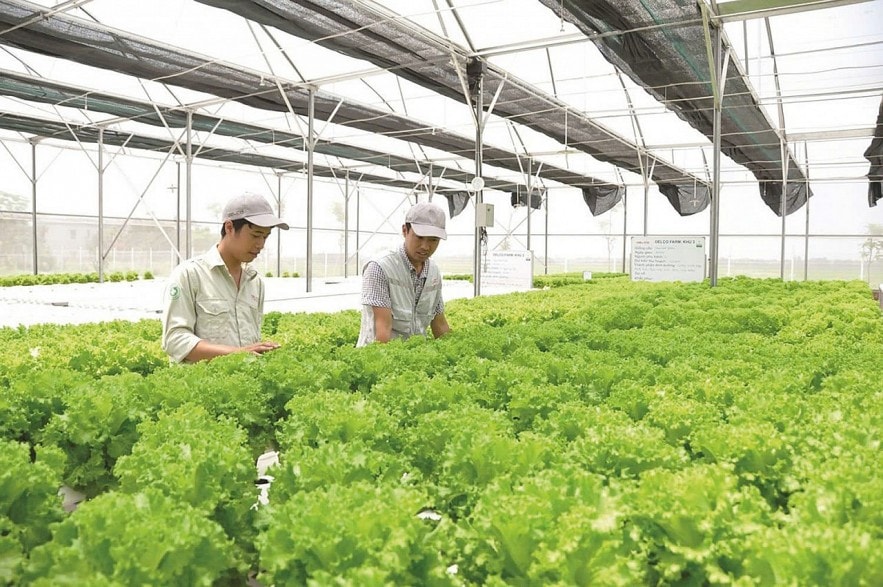
From 2000 to 2010, the international integration process promoted a sharp increase in FDI in agriculture. Projects focused on the production of plant and animal breeds, industrial livestock, high-tech aquaculture and food processing. Many large corporations in the world began to appear in Vietnam with large-scale projects, playing an important role in linking production and export.
In the period 2010 - 2020, FDI attraction shifted towards high technology, linked to the value chain. Many high-tech agricultural models appeared, with deep processing projects becoming the "locomotive" connecting FDI enterprises with farmers. The application of advanced machinery and technology helps improve product quality, reduce costs and increase the competitiveness of Vietnamese agricultural products in the international market.
From 2020 to 2024, the trend of green transformation, circular economy and global food security requirements will create more attraction for FDI. Many projects focus on organic agriculture, digital agriculture, post-harvest preservation and processing technology, contributing to the direction of the agricultural sector towards sustainability and environmental friendliness.
By the end of 2024, Vietnam had 729 valid FDI projects in the agriculture and environment sector, with a total registered capital of nearly 11.89 billion USD. Of these, there were 537 agricultural projects, 106 mining projects, and 86 wastewater, waste treatment, and environmental protection projects. If supporting sectors such as processing, materials, and trade are included, the total FDI capital of the entire industry would reach more than 26 billion USD, accounting for about 6% of the total FDI capital in Vietnam.

FDI capital has created about 500,000 direct and indirect jobs, contributing to increasing production value, promoting agricultural exports and changing the industry structure towards industrialization and modernization. Many large corporations such as Nestlé, CP Group, De Heus, Cargill, Bayer... have chosen Vietnam as a strategic destination, creating a positive impact on processing capacity, product quality and value chain linkage.
Vietnam's agricultural, forestry and fishery exports in 2024 will reach more than 62 billion USD, the highest level ever. These figures prove that FDI is not only a source of capital but also a bridge connecting technology, knowledge and international management to Vietnam's agriculture.
Need for mechanisms and solutions to attract FDI into sustainable agriculture
Despite achieving many positive results, according to the assessment of the Ministry of Agriculture and Environment, FDI attraction in agriculture is still not commensurate with its potential. The objective reason comes from the high risk of agriculture (depending on weather, climate, and epidemics). On the international level, Vietnam has to compete fiercely with countries in the region with more attractive investment environments...
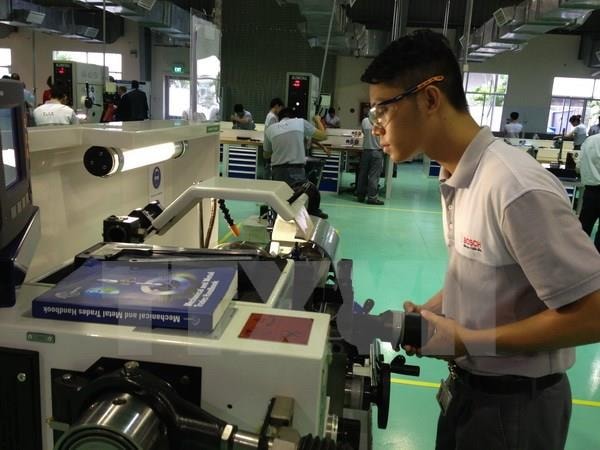
In the long term, experts say that attracting FDI into agriculture has an optimistic outlook. In the coming period, opportunities from green transformation, digital transformation and global food demand will create a big boost if Vietnam knows how to take advantage of them, has a new FDI attraction strategy based on technology, sustainable development and linked to the global value chain.
If synchronous solutions are implemented, Vietnam can completely become an attractive destination for high-quality FDI capital flows in agriculture; contributing to the goal of developing modern, ecological and sustainable agriculture.
Deputy Minister of Agriculture and Environment Vo Van Hung affirmed that in the new context and requirements, the agricultural sector will continue to be one of the important pillars, with great potential and room to attract investment.
Presenting the major orientations of the industry to attract FDI in the new period, the Deputy Minister said that the Agriculture and Environment sector has established strategic goals and policies, such as shifting from agricultural production thinking to agricultural economic development; developing culture and agricultural product brands associated with localities.
Along with that, priority is given to attracting investment in the fields of natural resources and environment, such as wastewater treatment, domestic and industrial waste, application of recycling technology, renewable energy, carbon market development, etc.; attracting FDI associated with green growth, ecological security in the context of climate change and global emission reduction requirements.
In order to promote investment and sustainable development in agriculture, the Ministry of Agriculture and Environment is also finalizing a Decree to replace Decree No. 57/2018/ND-CP on mechanisms and policies to encourage enterprises to invest in agriculture and rural areas.
According to Deputy Minister Vo Van Hung, the new Decree is expected to have breakthroughs in removing barriers, promoting investment capital flows into agriculture, building trustworthy and mutually beneficial partnerships and expanding international cooperation. At the same time, it will open a new development phase for Vietnamese agriculture in a greener, more modern and more sustainable direction.
In order for FDI capital to truly become a “lever” for agriculture in the new period, drastic innovation is needed from policy to implementation. From there, we aim to reach the goal of 25 billion USD in registered FDI capital in the agricultural sector by 2030; focusing on investment projects with high scientific and technological content, environmentally friendly and agricultural product sectors in which Vietnam has strengths.
Source: https://daibieunhandan.vn/fdi-don-bay-thuc-day-nong-nghiep-viet-nam-phat-trien-ben-vung-10397346.html


![[Photo] President Luong Cuong attends the 50th Anniversary of Laos National Day](/_next/image?url=https%3A%2F%2Fvphoto.vietnam.vn%2Fthumb%2F1200x675%2Fvietnam%2Fresource%2FIMAGE%2F2025%2F11%2F27%2F1764225638930_ndo_br_1-jpg.webp&w=3840&q=75)




![[Photo] Prime Minister Pham Minh Chinh chairs the 15th meeting of the Central Emulation and Reward Council](/_next/image?url=https%3A%2F%2Fvphoto.vietnam.vn%2Fthumb%2F1200x675%2Fvietnam%2Fresource%2FIMAGE%2F2025%2F11%2F27%2F1764245150205_dsc-1922-jpg.webp&w=3840&q=75)
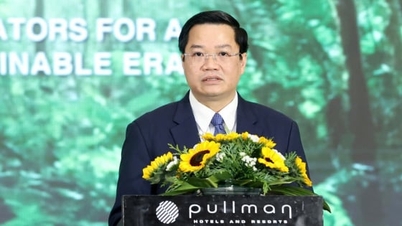


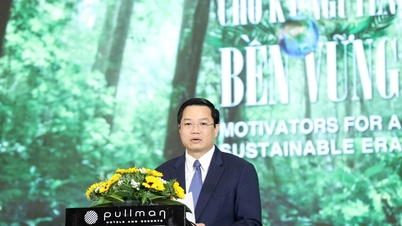


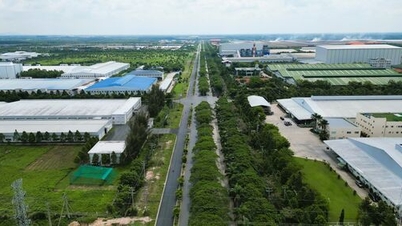

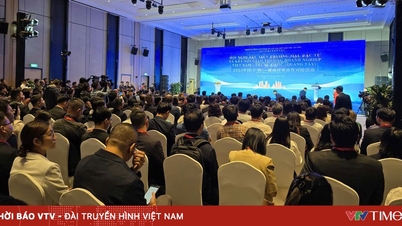

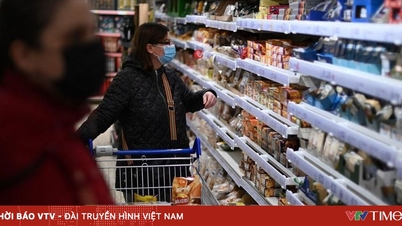
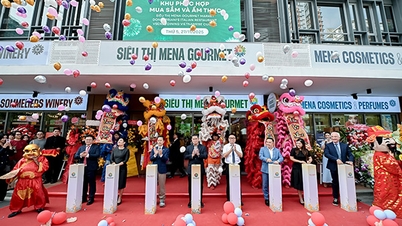

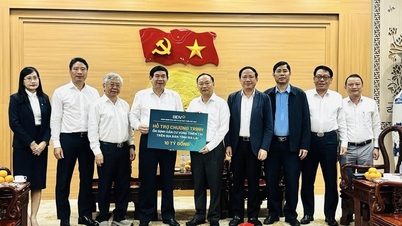


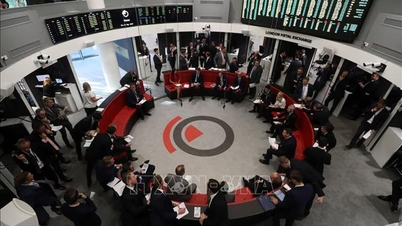
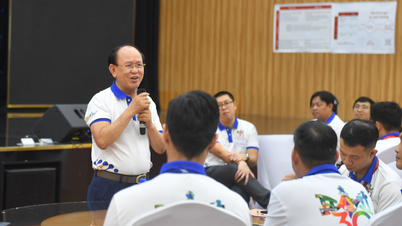




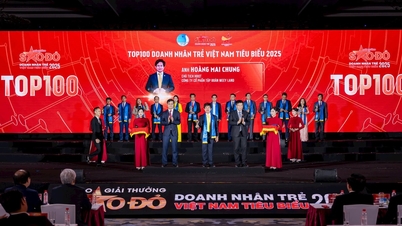
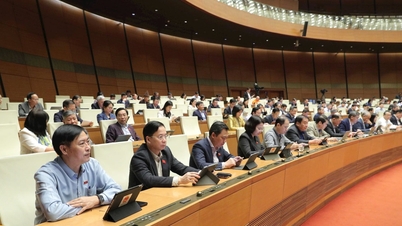
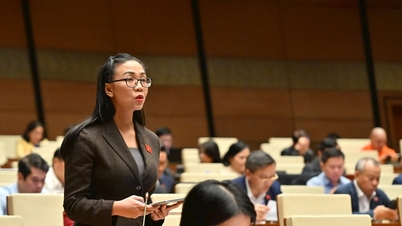
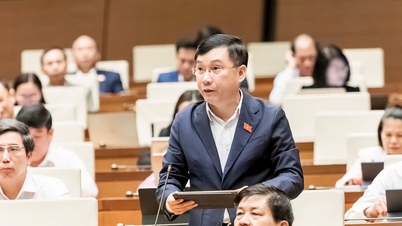
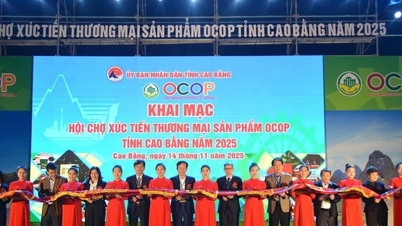
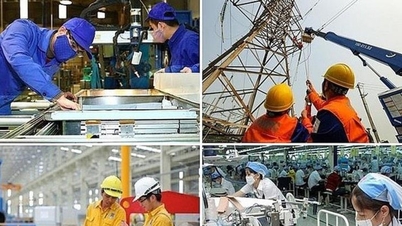



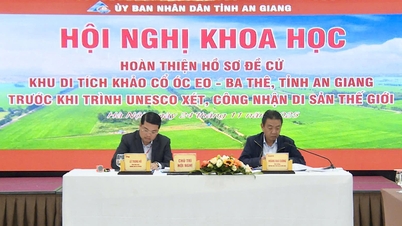


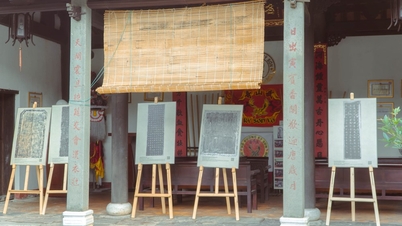
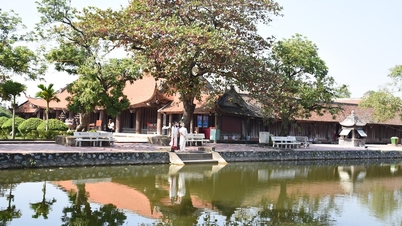



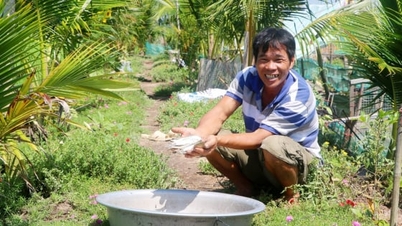

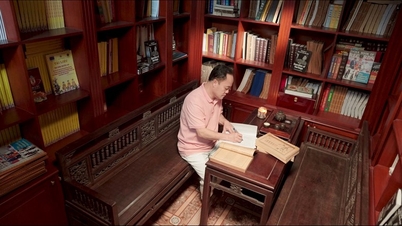


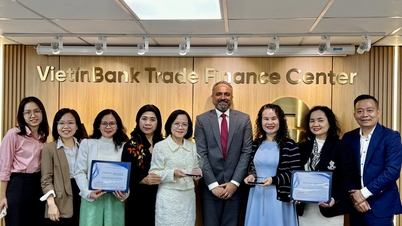


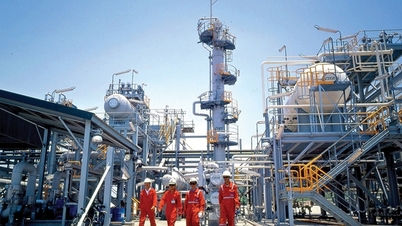



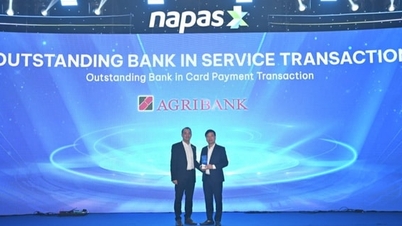









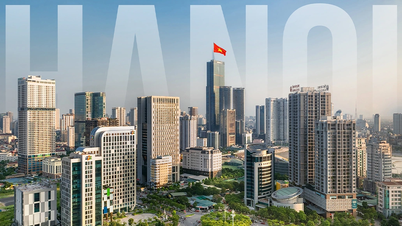



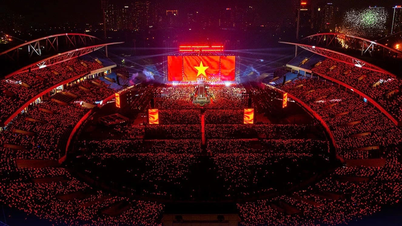
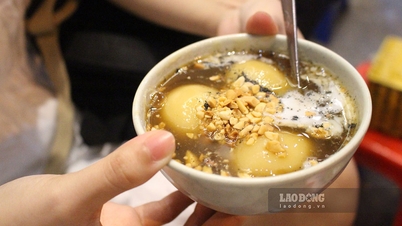

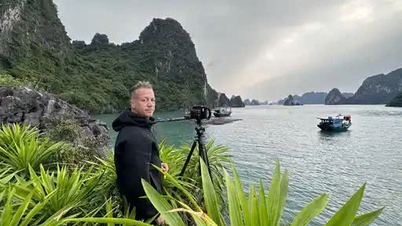
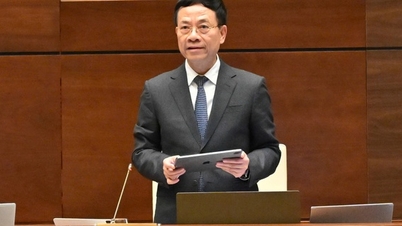

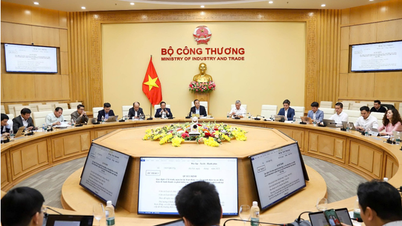

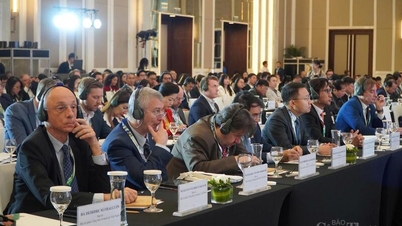
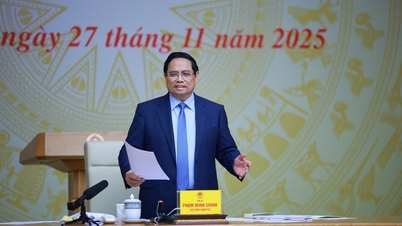
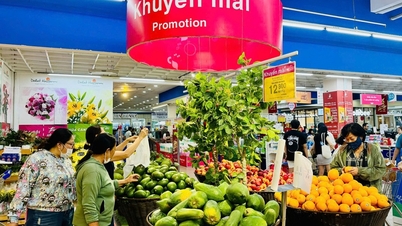

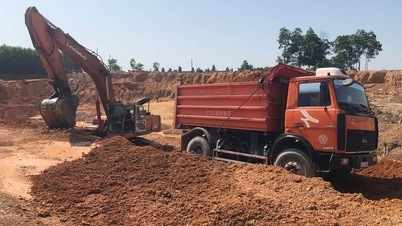

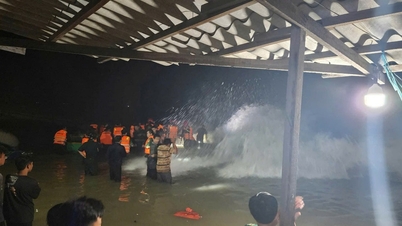

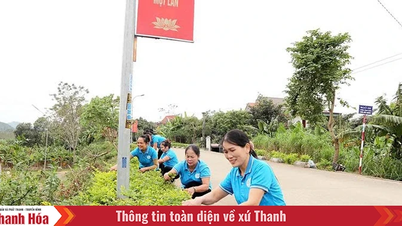

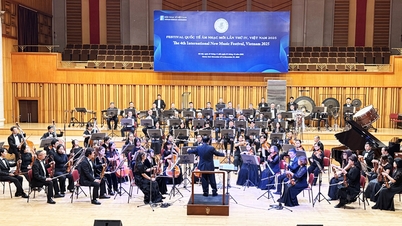



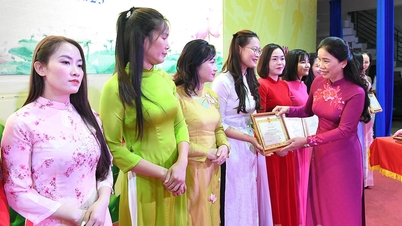












Comment (0)